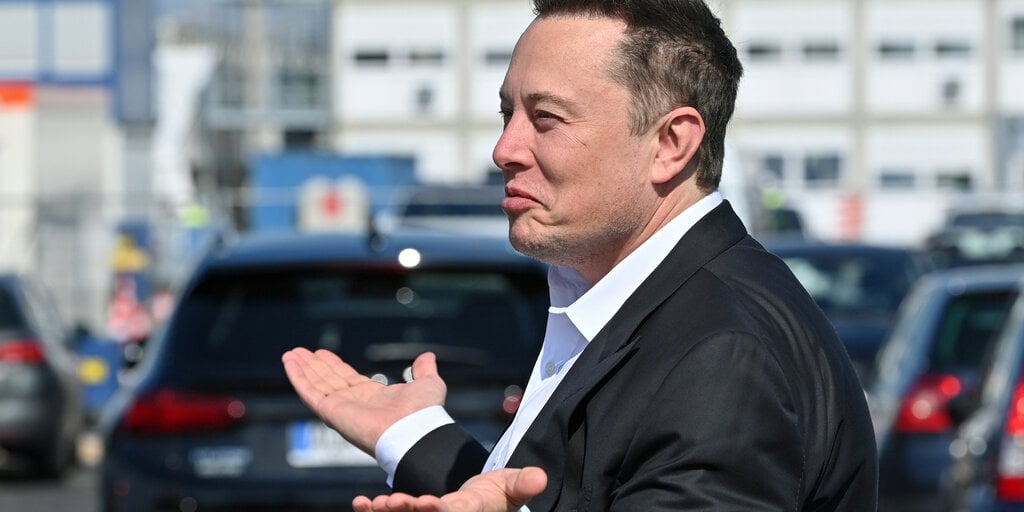Elon Musk is backing off his promise to slash $2 trillion in U.S. government spending as co-head of the Department of Government Efficiency, or DOGE—which, yes, shares its acronym with the ticker of Dogecoin, Elon Musk’s favorite cryptocurrency—shortly after the budget-slashing target raised eyebrows among experts on Capitol Hill.
In an interview with political strategist Mark Penn on Wednesday, Musk said his extra-governmental belt-tightening initiative—which Donald Trump made official in November—has a “good shot” at making federal budget cuts of up to $1 trillion.
That’s roughly half of the $2 trillion that Musk last year promised that DOGE would trim from the government’s balance sheet. A $2 trillion haircut would be the “best-case outcome,” but not necessarily the most likely one, Musk said in the interview aired on his social media platform X (formerly Twitter).
“But I do think that you kind of have to have some overage,” Musk added. “I think if we try for $2 trillion, we’ve got a good shot at getting [$1 trillion].”
During the interview, the Tesla and SpaceX CEO also returned to familiar talking points about what he deems “wasteful expenditures” by U.S. government agencies. He called the federal government “a target-rich environment for saving money.”
“It’s like being in a room full of targets,” Musk said. “You can close your eyes and you can’t miss.”
Musk and Trump had teased plans for the Department of Government Efficiency on the campaign trail, and the President-elect formalized the initiative shortly after his election win, putting Musk in charge alongside fellow billionaire Vivek Ramaswamy.
The businessmen promised to push for “unglamorous cost-cutting” to the federal budget deficit, which could include slashing support for entitlement programs such as Social Security.
“This will send shockwaves through the system, and anyone involved in government waste, which is a lot of people!” Musk said in a statement in November.
However, budget experts have raised doubts about the practicality of Musk’s $2 trillion plan. They noted that the U.S. government’s entire discretionary budget, or the money the federal government allocates for non-mandatory initiatives that D.O.G.E. could potentially cut, is just $1.7 trillion—lower than the amount that Musk initially vowed to chop from the government’s balance sheet.
Meanwhile, other critics noted that DOGE’s impact would be severely limited due to its lack of legal authority and the constraints of congressional politics. As an extra-government initiative, DOGE can only make policy recommendations to Trump’s administration. The quasi-official Department would need congressional allies, which it is still working on courting, to put its plans into action.
Musk avoided directly addressing those pain points during the interview on Wednesday, instead sharing his hopes for the agency to achieve an “epic outcome.”
“If we can drop the budget deficit from $2 trillion to $1 trillion and free up the economy to have additional growth, such that the output of goods and services keeps pace with the increase in the money supply, then there will be no inflation,” Musk said. “So that, I think, would be an epic outcome.”
Edited by Andrew Hayward

